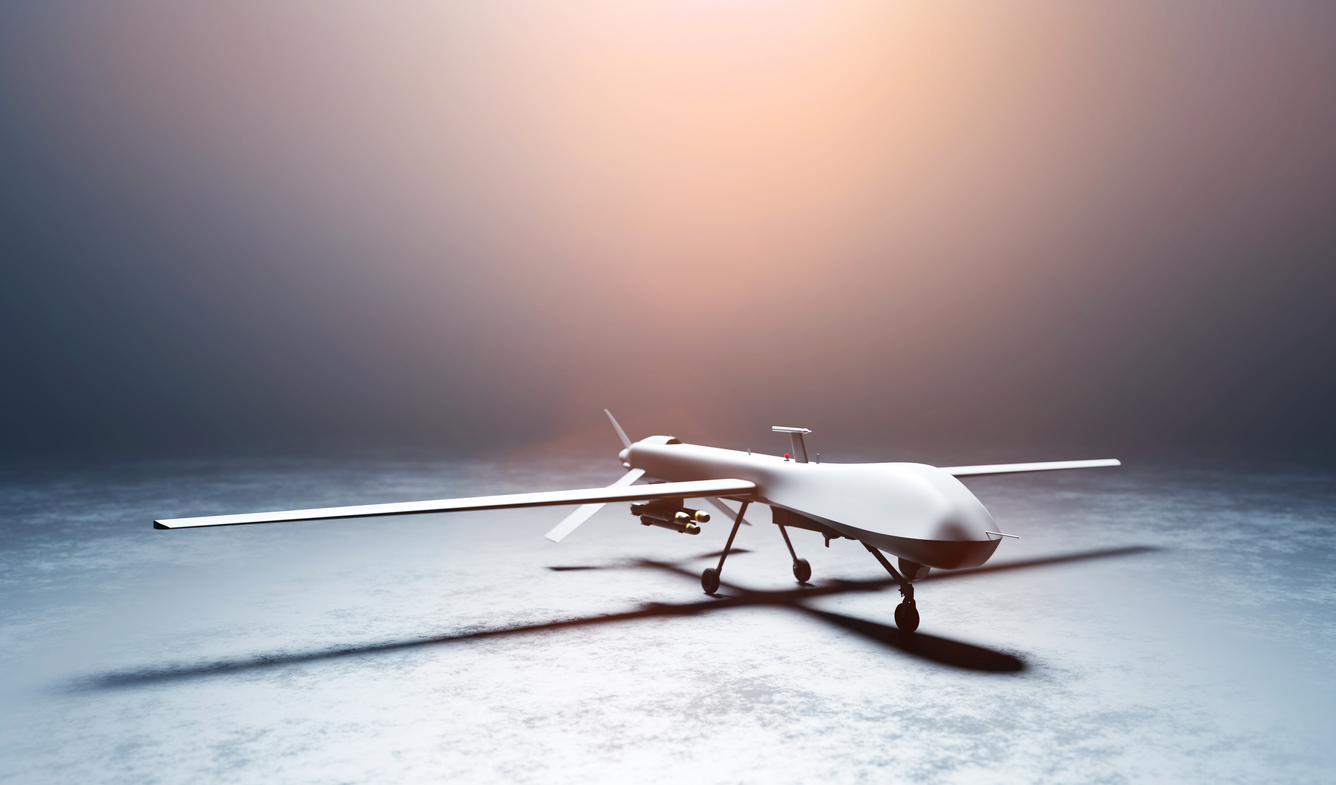The Graduate Institute of International and Development Studies was founded in 1927. At the time, it was the world's first academic institution devoted exclusively to the study of international affairs. Since then, the Institute has pioneered research on the interplay between technology and international relations. From military armament to nuclear deterrence or autonomous weapons systems, technology has always played a prominent role in the history of international relations, primarily because of the strong link between technological innovation, security, and power. More recently, artificial intelligence (AI) has emerged as a pivotal force, redefining power dynamics and diplomatic interactions. In the evolving geopolitical landscape, the Institute has launched its Tech Hub, a transdisciplinary initiative to accelerate teaching, research and expertise on and with AI and technologies.
GENEVA GRADUATE INSTITUTE
Chemin Eugène-Rigot 2A
Case postale 1672
CH - 1211 Geneva 1, Switzerland
+41 22 908 57 00
ADMISSIONS
prospective@graduateinstitute.ch
+ 41 22 908 58 98
MEDIA ENQUIRIES
sophie.fleury@graduateinstitute.ch
+41 22 908 57 54
ALUMNI
carine.leu@graduateinstitute.ch
+ 41 22 908 57 55
























